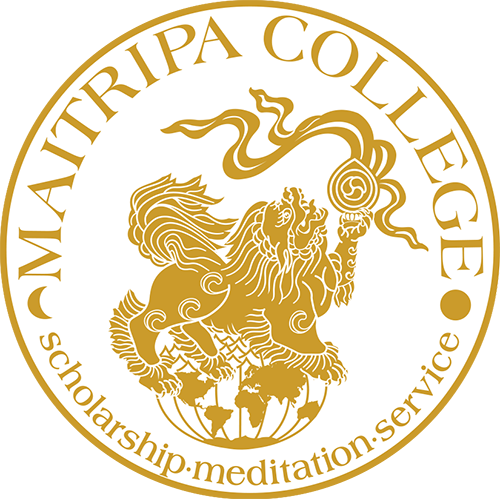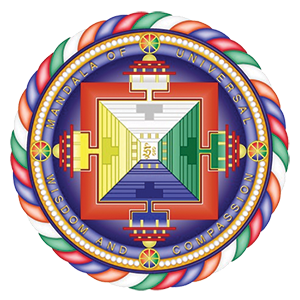(2 credits) While a field of Buddhist Practical Theology has yet to fully emerge, for Buddhists who provide spiritual care and counseling as dharma community leaders or teachers within Buddhist communities, or as chaplains, educators, or in helping professions in diverse settings, concern with the intersection of dharma teachings and practice, lived experience, and facilitating spiritual growth infuse our praxis. This seminar explores methods and practices from Buddhist traditions to bolster internal and external capacities for embodying Buddhist teachings in day-to-day life, informed by skillful means, compassion, and wisdom.
In fall of 2024, this course will focus on spiritual reflection as a method for spiritual formation and spiritual care. Beginning with ourselves, we deepen our practices of religious meaning-making in everyday life, before examining how facilitating reflection and narrative/story is a tool for supporting healing or growth in others. Students will participate in personal exploration and sharing, and practice theological reflection and dharmalogical contemplation from various faith traditions and explore this as a tool for bridging religious difference in working with others. Buddhist practices and worldviews will inform how we understand and support people – across a lifespan and in varied circumstances and contexts of religious belongings – to create meaningful relationships with themselves, others, the systems of which they are a part, and transcendent beliefs or ultimate truths. Spiritual reflection is a method for identifying one’s values, the spiritual dimensions of experience, and the life-affirming resources persons can utilize to live aligned with one’s values. This can lead to psychospiritual growth, a clarifying sense of meaning, purpose, and direction, and support for facing injustice and transforming challenges.
No pre-requisites. Recommended for MDiv students who have completed or are enrolled in CS303-304.


